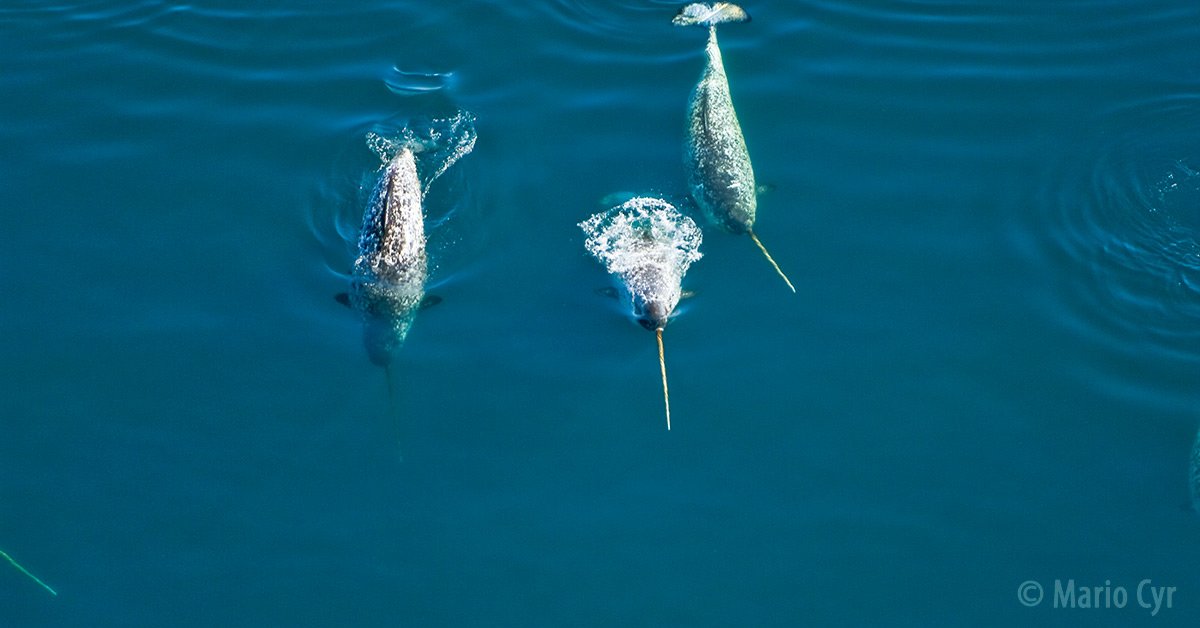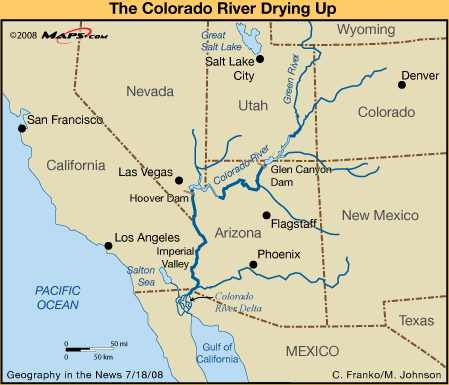 I haven't created a Groundling blog entry in a long time, but World Oceans Day demanded my attention. I have enjoyed the ocean, wherever I have encountered it. I have walked beaches on both sides of the Atlantic, the Pacific coast of Canada and Costa Rica, the Mediterranean and the Caribbean. We have "swum with the fishes" in reefs in Cuba and Costa Rica. We've kayaked off Grand Manan Island, the Magdalen Islands, the Bay of Fundy, Chesapeake Bay, and the Saguenay Fiord. We love the rawness of the waters of Northeast Newfoundland, where we once lived and later this year we will experience the Icelandic North Atlantic.
I haven't created a Groundling blog entry in a long time, but World Oceans Day demanded my attention. I have enjoyed the ocean, wherever I have encountered it. I have walked beaches on both sides of the Atlantic, the Pacific coast of Canada and Costa Rica, the Mediterranean and the Caribbean. We have "swum with the fishes" in reefs in Cuba and Costa Rica. We've kayaked off Grand Manan Island, the Magdalen Islands, the Bay of Fundy, Chesapeake Bay, and the Saguenay Fiord. We love the rawness of the waters of Northeast Newfoundland, where we once lived and later this year we will experience the Icelandic North Atlantic.
When I look at what I've written I'm amazed at a lifetime of experience around and on and in oceans and seas and I'm deeply grateful for these opportunities. We've seen a variety of whale species on many occasions (never narwhals), often close at hand, as well as a great variety of marine life, all of which was cause for delight.
When I read that by 2050 there will be more plastic in the world's oceans than fish, by weight, I am appalled. When I hear that the Great Barrier Reef, one of the natural wonders of the world, is dead in large portions I want to weep. When we're informed that human-made sound is probably driving sea creatures, including cetaceans, mad, I am ashamed.
Where is our respect for Creation? How can we be so callous and destructive? Despite my disappointment and discouragement, I will not despair. Somehow we must become part of the solution. I now ask myself whether I must take the steps to simplify my consuming Western lifestyle to the degree that I no longer visit the oceans and seas I love. It's not enough to lament. We also need to act, and Jesus did call us to simplicity.
What are your thoughts about this on World Oceans Day?

 The wilderness and the dry land shall be glad,
The wilderness and the dry land shall be glad,
the desert shall rejoice and blossom;
like the crocus 2it shall blossom abundantly,
and rejoice with joy and singing.
Isaiah 35:1-2a
I like good news stories and there is one out of the States which is worth our attention. The once mighty Colorado River has been so degraded and diverted that it no longer flows to the sea. The delta which was once a rich and diverse ecosystem has dried up. The Nature Conservancy reports on what has occurred in the past few years:
Three years ago, an innovative agreement between the United States and Mexico ushered in a new era in international water management. Called Minute 319, the agreement authorized a broad array of actions in both the United States and Mexico. Among them was the recognition of the value of nature and the restoration of the parched Colorado River Delta through timed releases of water (called pulse and base flows) from upstream dams.Once an ecological treasure, the Delta is now a a dry, desolate river channel flanked by weed-choked floodplains and irrigated farmland. Fifteen years ago, conservation visionaries resolved to restore the channel and its floodplains to the critical wildlife migration corridor that it once was. Minute 319 initiated a full-scale feasibility test of that vision. By all accounts, Minute 319’s environmental provisions have been a success. In 2014, a pulse of water surged into the Colorado River Delta, rewetting the river corridor all the way to the Gulf of California for the first time in decades.
The result has been the return of wildlife, including bird species which disappeared years ago. Cottonwood and willow trees have suddenly appeared and some are already two metres tall.
Claiming that this is a resurrection might be premature, and a little too theological. But those responsible have certainly found a pulse, or at least created one. This is good news in the bigger scheme of God's Good News.
Thoughts?


